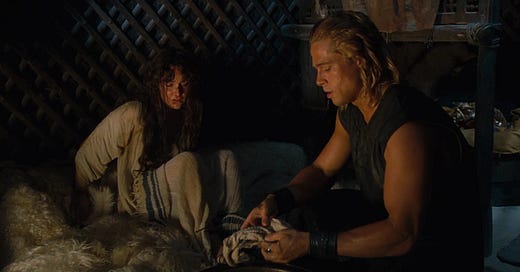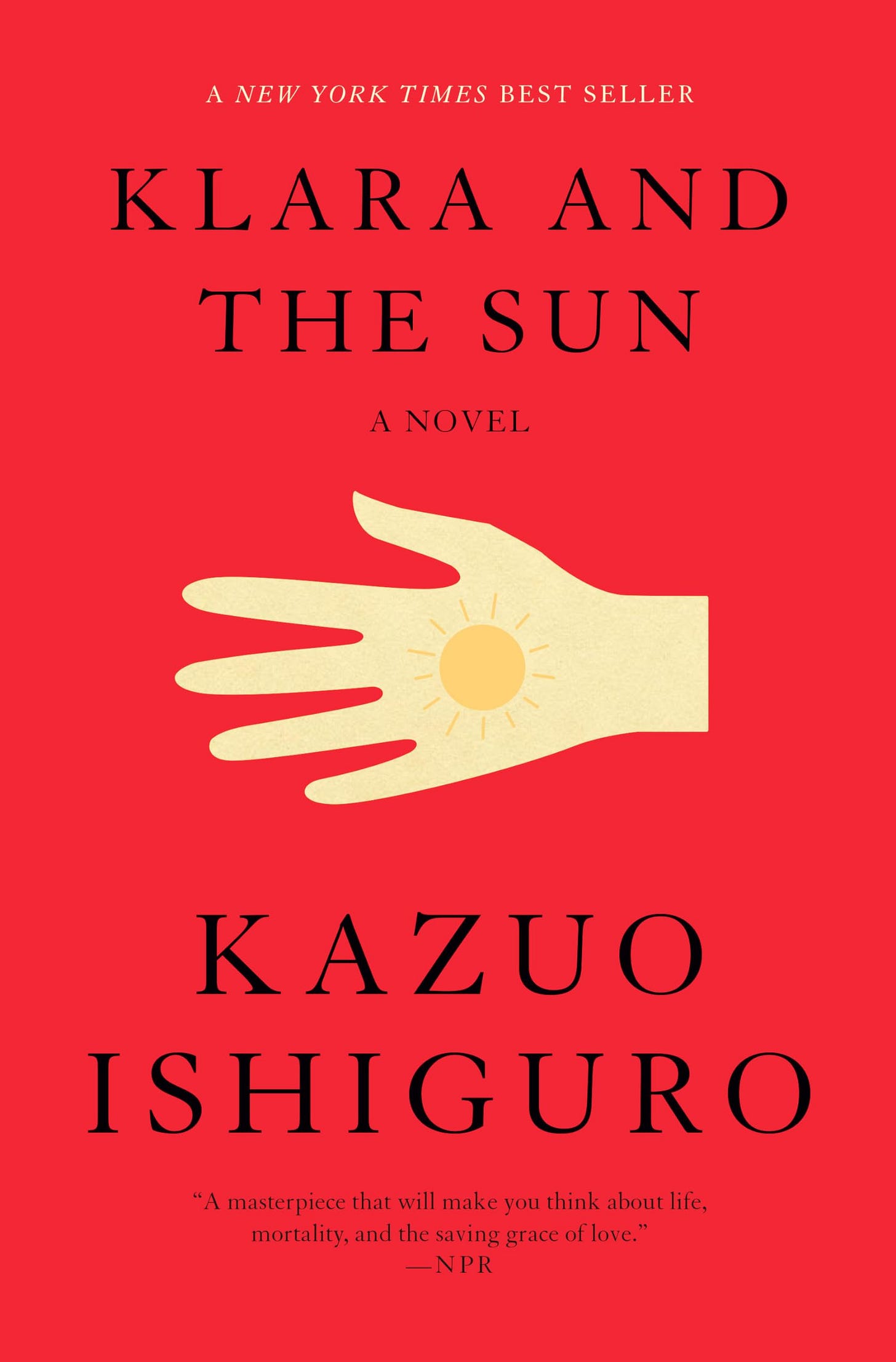In 1950, Alan Turing published a paper that opened like this:
I propose to consider the question Can machines think?
Since then, the Turing Test has been considered the way to determine whether a computer is capable of thinking.
I personally think we’re beyond that—at least to a point.
In the past two to three years, artificial intelligence has started to advance exponentially, to the point where it’s becoming increasingly difficult to distinguish between text, voice, and video created by humans and that created by AI.
So, what sets us apart from artificial intelligence—especially now, when we’re still in the early stages of its development?
The NyTimes published a cool article about this titled When Your Technical Skills Are Eclipsed, Your Humanity Will Matter More Than Ever, in which the authors argue that what makes us human are our skills that allow us to collaborate.
In this sense, there seems to be a movement that values human labor because it is human. Sometimes.
Stefano Puntoni calls this symbolic consumption, the kind of consumption tied to tasks that are exceptional and uniquely human, versus tasks carried out by computers, machines, or AI, which are more about repetition or standardization.
In a study published a few years ago, Puntoni and a colleague found that
there is a strong preference for human labor when consumption has symbolic qualities.
He believes the value of human contribution will continue to grow—precisely because it will no longer be the default.
You might already be using AI to translate texts, structure presentations, or fix grammar and spelling.
But some qualities of communication could be considered symbolic:
how you earn trust
your ability to win others over
how you show up with your imperfections and vulnerabilities
And yes, your ability to tell a story.
Stories are about experiences, and each experience is unrepeatable—this is what makes them invaluable.
I saw Troy (2004) for the first time recently. During a conversation, Brad Pitt’s Achilles says the following to Briseis:
I’ll tell you a secret, something they don’t teach you in your temple. The gods envy us. They envy us because we are mortal. Because any moment might be our last. Everything’s more beautiful because we’re doomed.
These are both terrible and beautiful words.
By design, AI is omnipresent and is not linked to a biological body and therefore is not linked to life or death.
(I mean, it could be—such as in Kazuo Ishiguro’s Klara and the Sun, a dystopian novel set in the future about Artificial Friends designed to provide companionship to children. These beings don't die in the human sense, but deteriorate and become obsolete over time.)
On the contrary, and because we are finite, every human experience is unique.
Sharing these experiences with your friends, colleagues, relatives or total strangers at the Trader Joe’s in the form of stories is an exclusively human way of connecting with others.
That’s why stories created by AI can entertain, but probably not inspire.
Thanks for reading!
#day104




